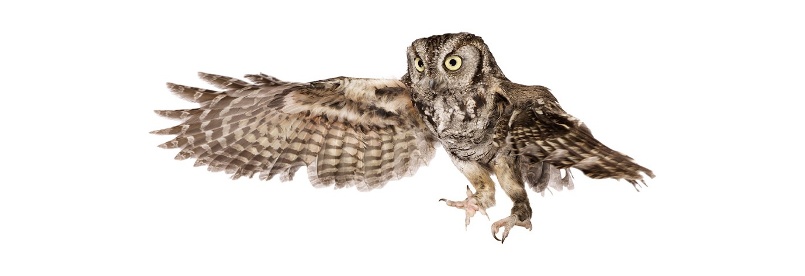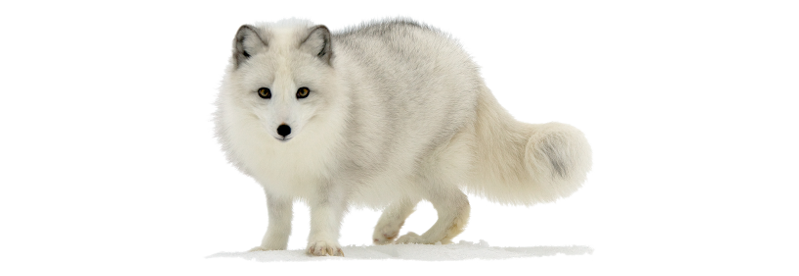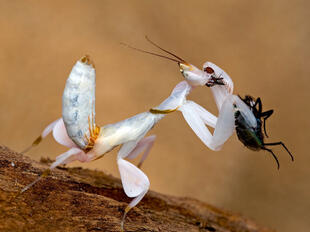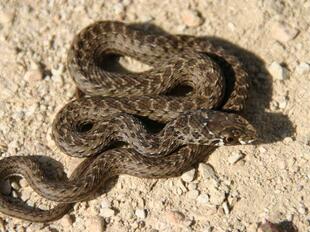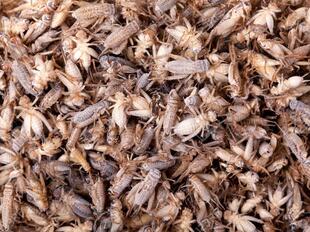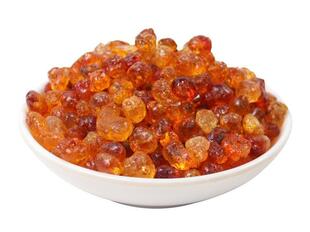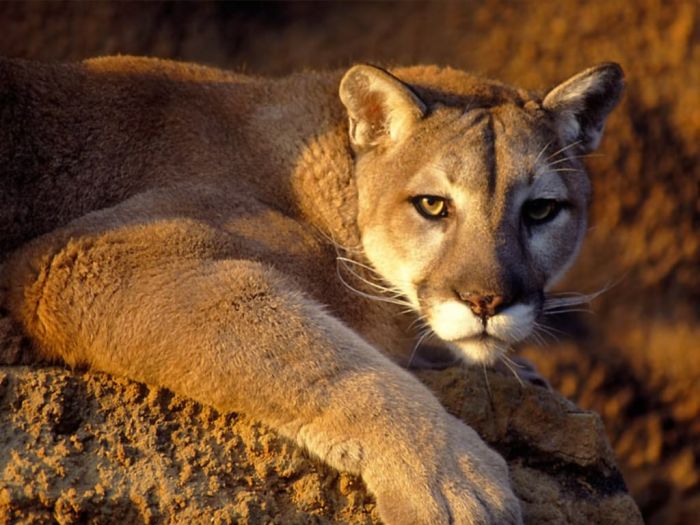
Mountain lion,or cougar (Felis concolor)
Phylum —chordata
Class — mammalia
Order — сarnivora
Family — felidae
Genus – puma
Appearance
Cougars are slender and agile members of the Felidae. Adults stand about 60 to 90 cm (24 to 35 in) tall at the shoulders. Adult males are around 2.4 m (7.9 ft) long from nose to tail tip, and females average 2.05 m (6.7 ft). Of this length, the tail accounts for 63 to 95 cm (25 to 37 in). Males weigh 53 to 100 kg (117 to 220 lb). Females typically weigh between 29 and 64 kg (64 and 141 lb).
Cougar coloring is plain (hence the Latin concolor) but can vary greatly across individuals and even siblings. The coat is typically tawny like that of the lion, which is why it was initially called the "mountain lion", but it otherwise ranges from silvery-grey or reddish with lighter patches on the underbody, including the jaws, chin, and throat. Cougars have large paws and proportionally the largest hind legs in Felidae, allowing for their great leaping and short-sprint ability.
Habitat
The cougar has the largest range of any wild land animal in the Americas. Its range spans 110 degrees of latitude, from northern Yukon in Canada to the southern Andes. Its wide distribution stems from its adaptability to virtually every habitat type; it is found in all forest types, as well as in lowland and mountainous deserts. The cougar prefers habitats that include precipitous canyons, escarpments, rim rocks, and dense brush, but can also live in open areas with little vegetation.
Behavior
Cougars require a lot of room—only a few cats can survive in a 30-square-mile range. They are solitary and shy animals, seldom seen by humans.
Diet
Cougars are most active from dusk to dawn, but it is not unusual for cougars to hunt anytime during the day. Adult cougars typically prey on deer, elk, moose, mountain goats, and wild sheep, with deer being the preferred and most common prey. Other prey species, especially for younger cougars, include raccoons, coyotes, rabbits, hares, small rodents, and occasionally pets and livestock (e.g. goats, sheep, and chickens). Except for females with young, cougars are lone hunters that wander between places frequented by their prey, covering as much as 15 miles in a single night. Cougars rely on short bursts of speed to ambush their prey. A cougar may stalk an animal for an hour or more.
Reproduction
Females reach sexual maturity between one-and-a-half to three years of age. They typically average one litter every two to three years throughout their reproductive lives, though the period can be as short as one year. Females are in estrus for about 8 days of a 23-day cycle; the gestation period is approximately 91 days. Copulation is brief but frequent.
Only females are involved in parenting. Litter size is between one and six cubs. Caves and other alcoves that offer protection are used as litter dens. Born blind, cubs are completely dependent on their mother at first, and begin to be weaned at around three months of age. As they grow, they begin to go out on forays with their mother, first visiting kill sites, and after six months beginning to hunt small prey on their own. Juveniles remain with their mothers at least for two years.
In captivity
Cougars have a maximum known lifespan of 18 years.
In captivity a cougar should be kept in a specially equipped premise – an outdoor cage.
It is an iron construction 3 meters high, three walls of which are covered with a solid grate, the fourth one is covered with wood boards.
There should be a small house next to it – a shelter for an animal. The minimum size of the cage is 30 square meters, the size of the house – 2X2 meters. There must be toys in the enclosure: solid balls, car tires, ropes and wooden sticks.
It is recommended to feed domestic cougars every day, 6 days a week, including one fasting day. On such a day it is recommended to give only fresh water, better filtered one.
The main diet is meat and meat co-products. A cougar is fed with pork, hens, turkeys, a hen and cow liver, hearts, gizzards, raw eggs, fresh fish. The most appropriate variant is beef. Some oil and bran should be added to a cougar`s dietfor easingits digestion.
An adult cougar`s diet should have a wildlife food: mortified rabbits, mice and rats, small birds. The feeding scheme should be the following: 3 days a week – beef and other meat, 2 days – living creatures,1 day – fish.To improve wild cats` health it is necessary to give them vitamins and minerals all the time. Especially growing kittens need sucha diet.
 Russian
Russian
 English
English

















